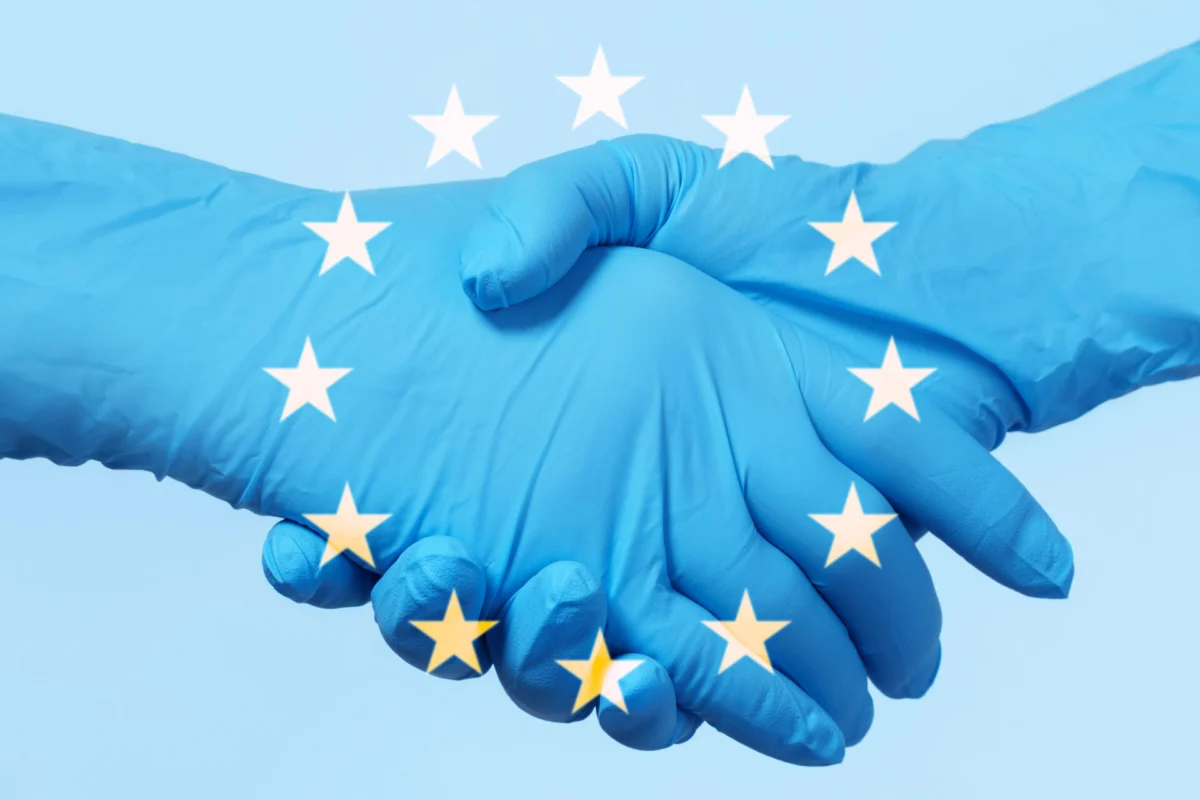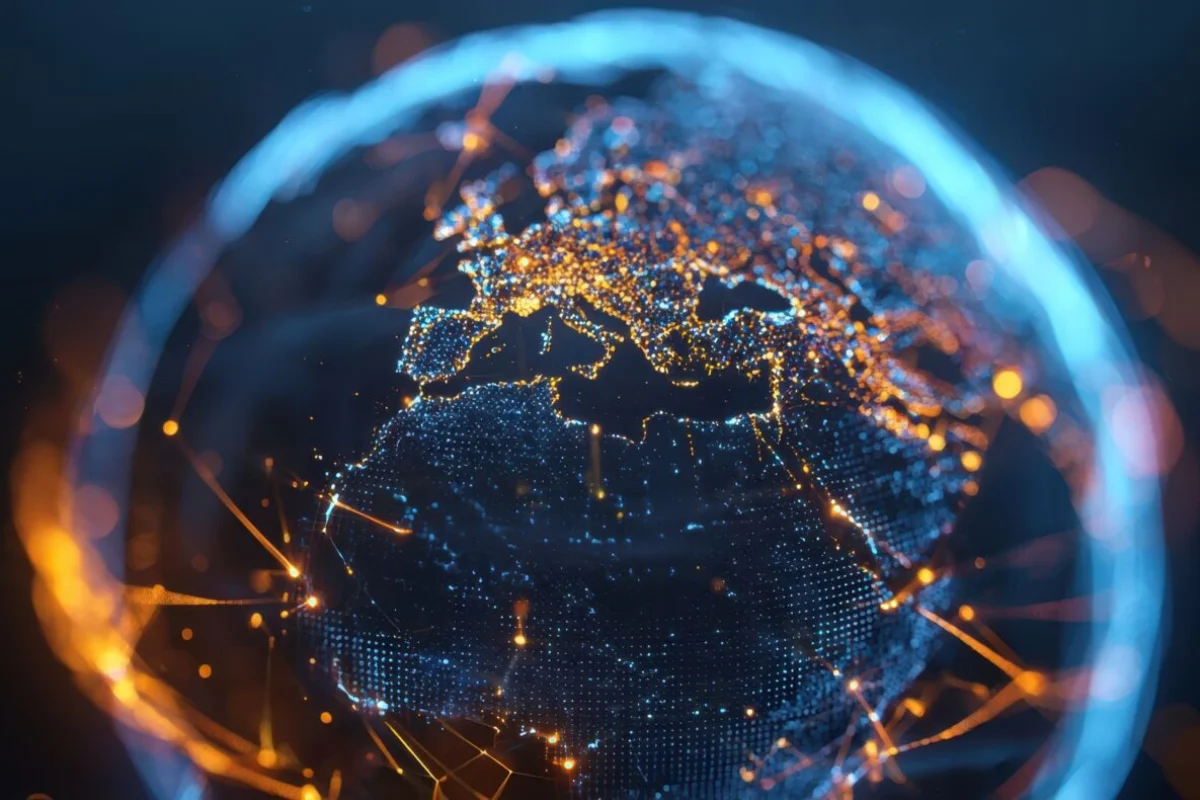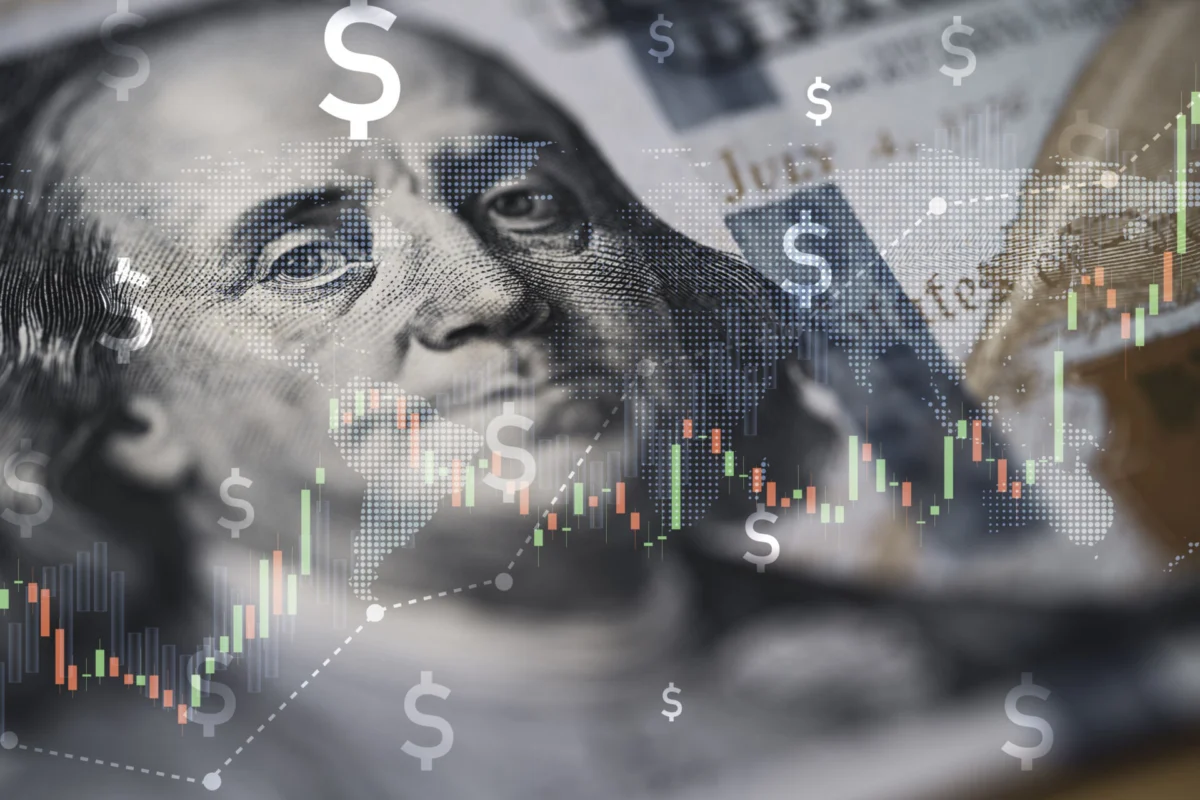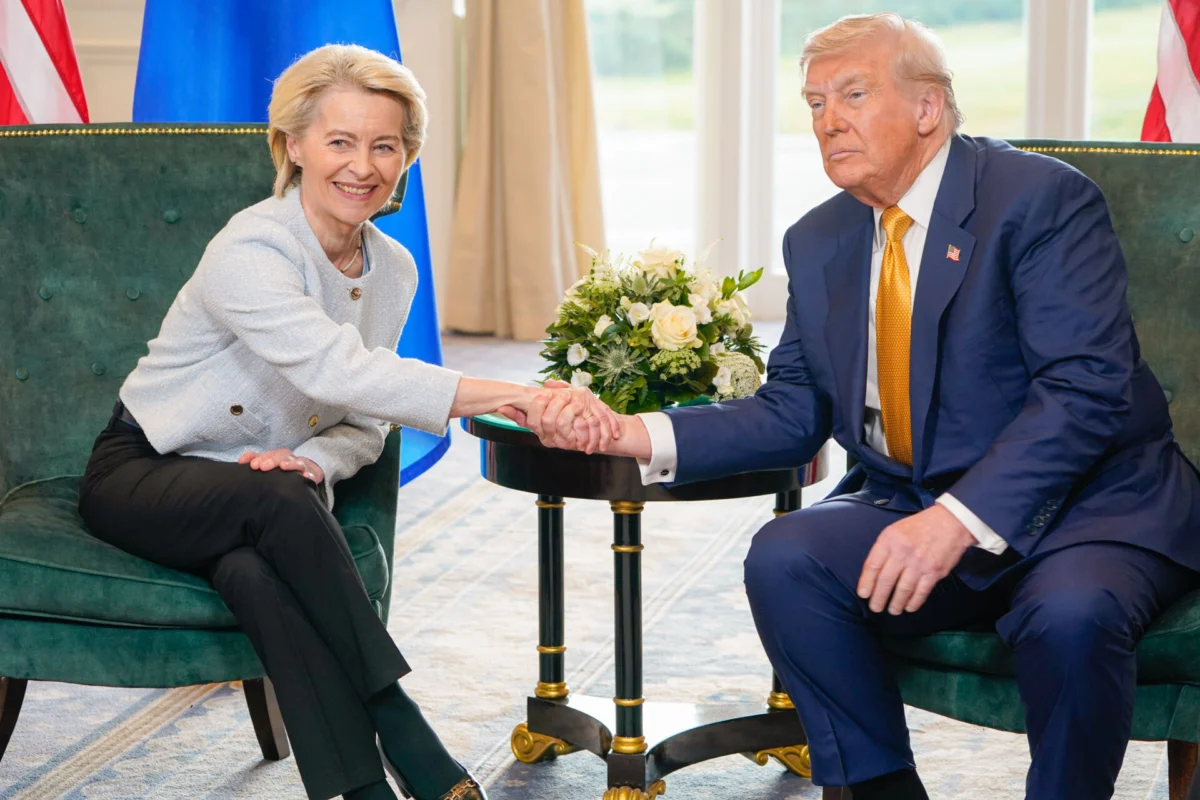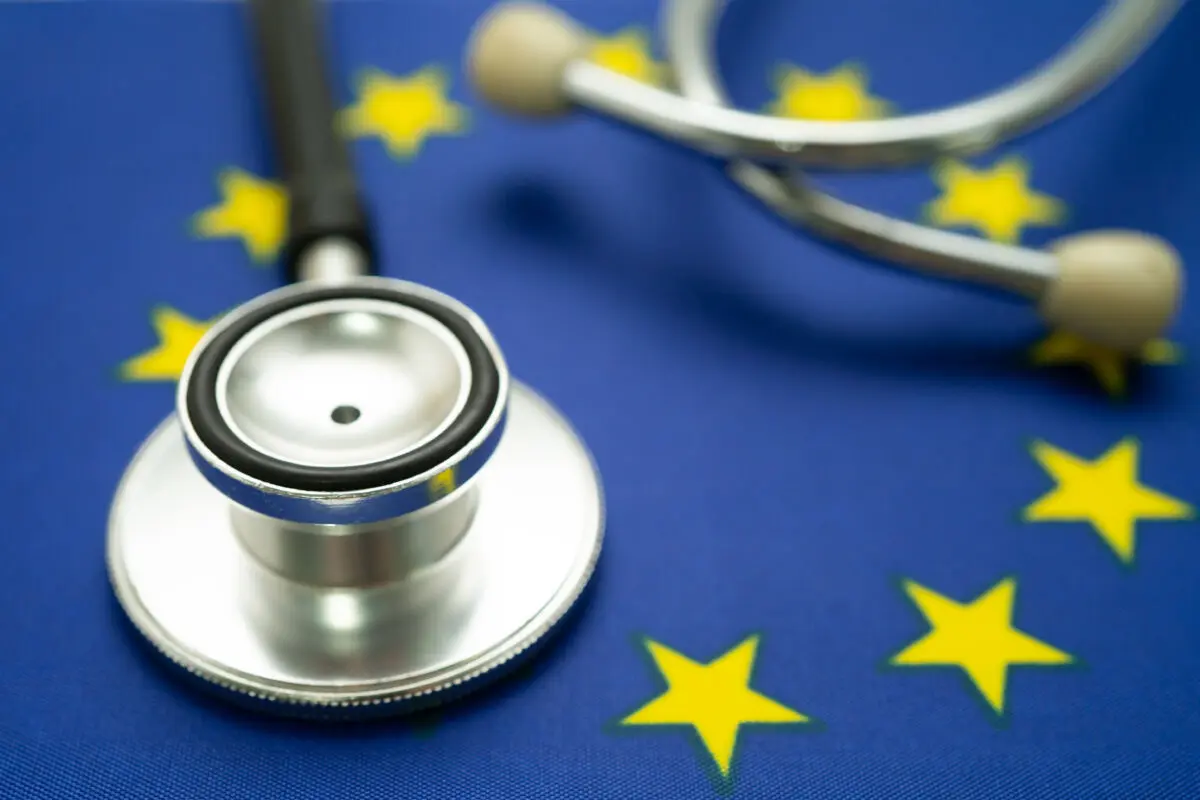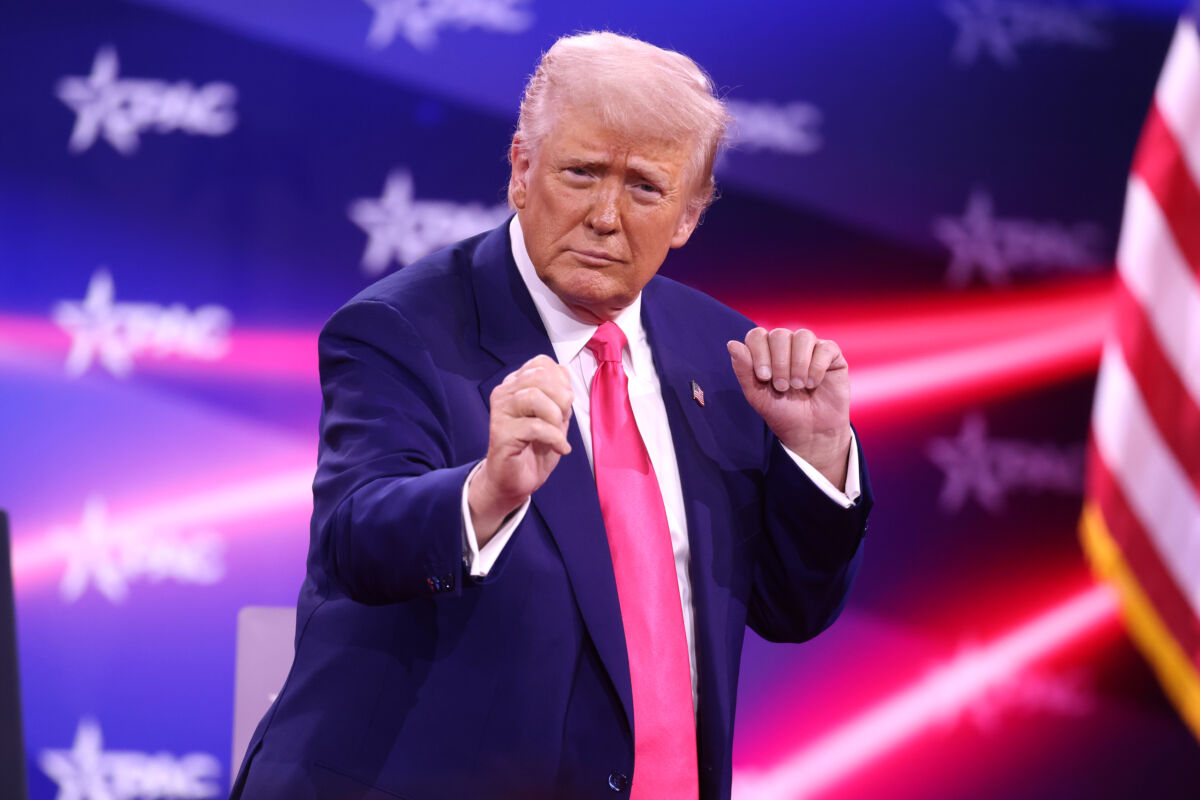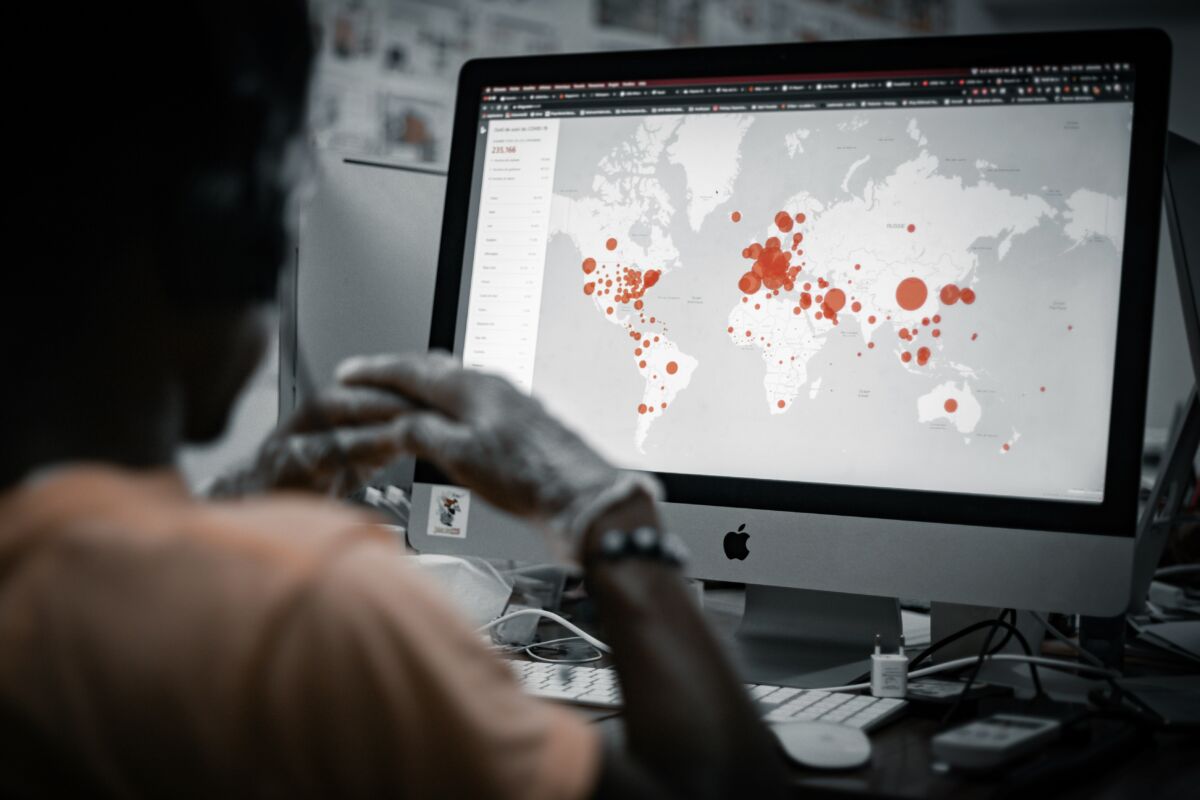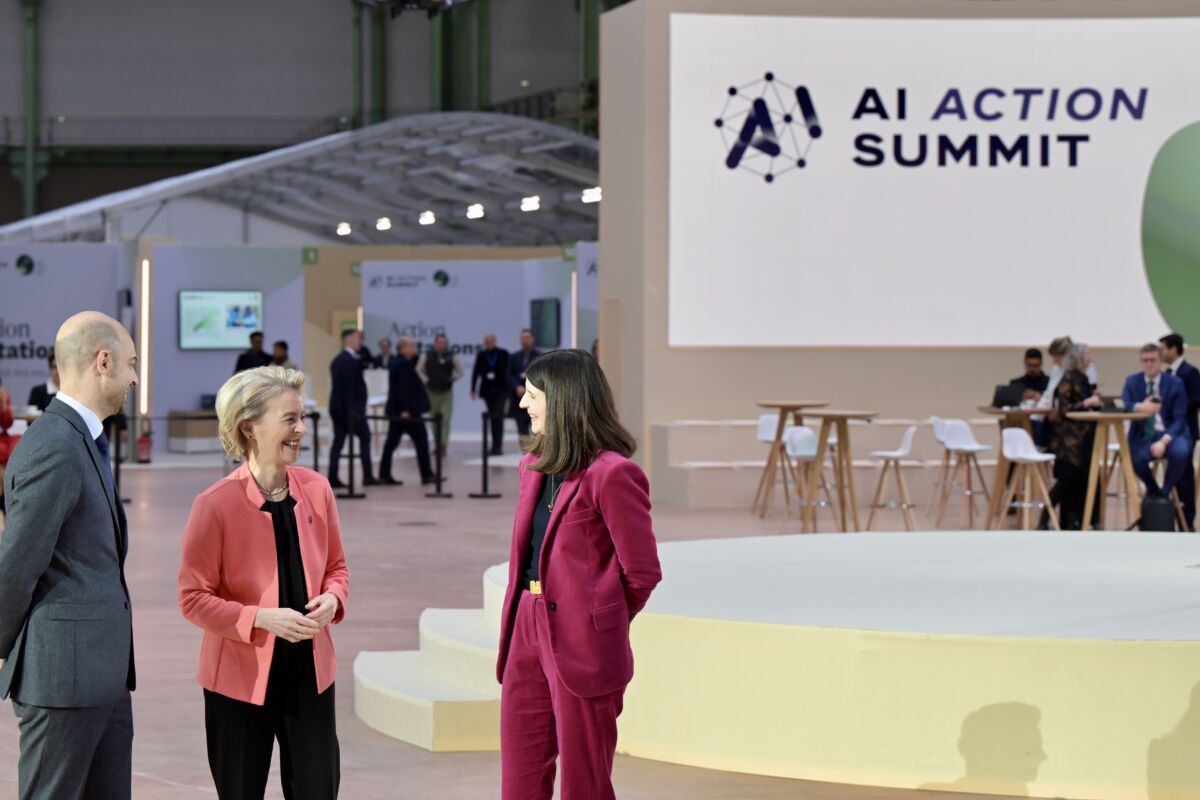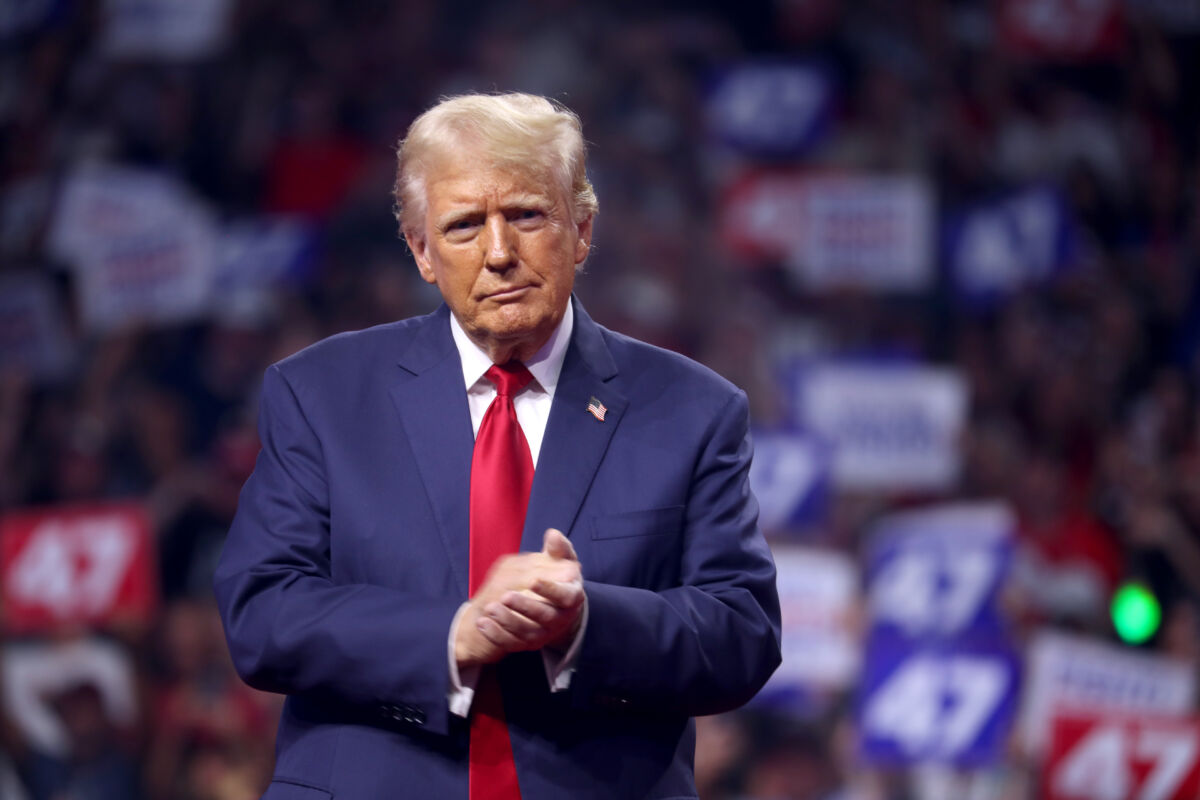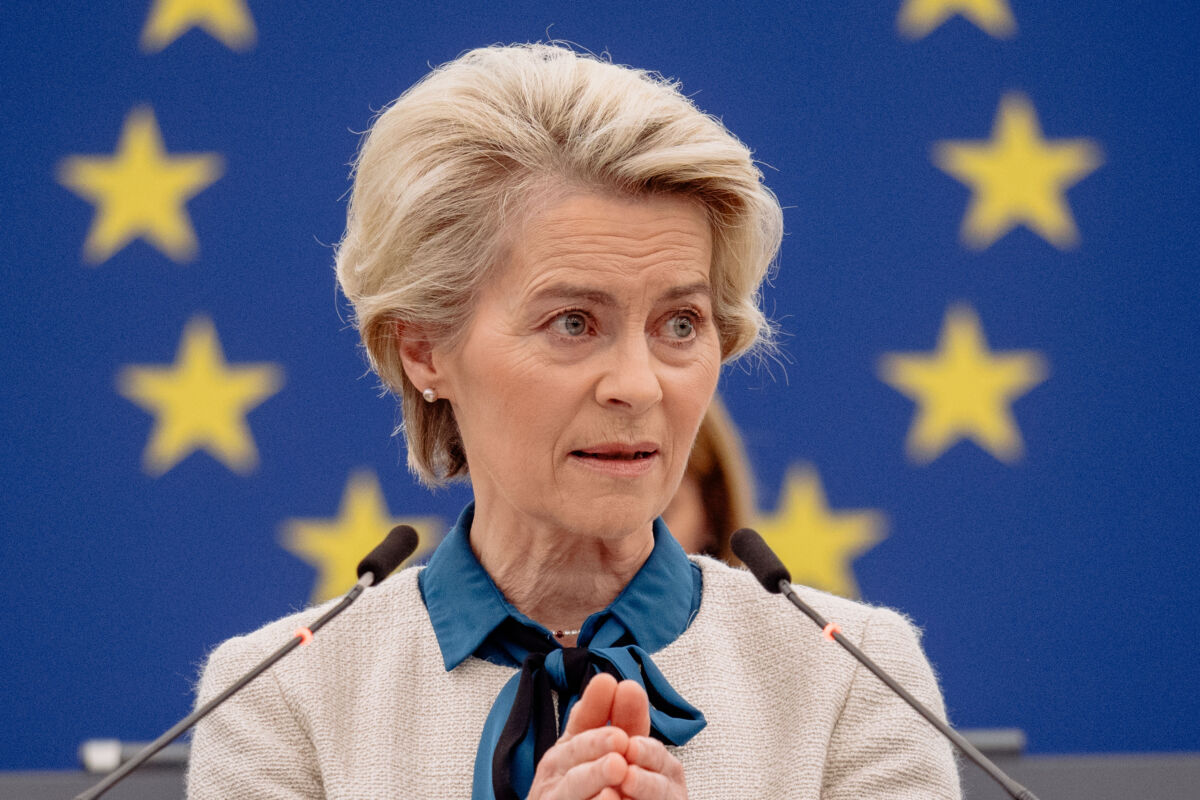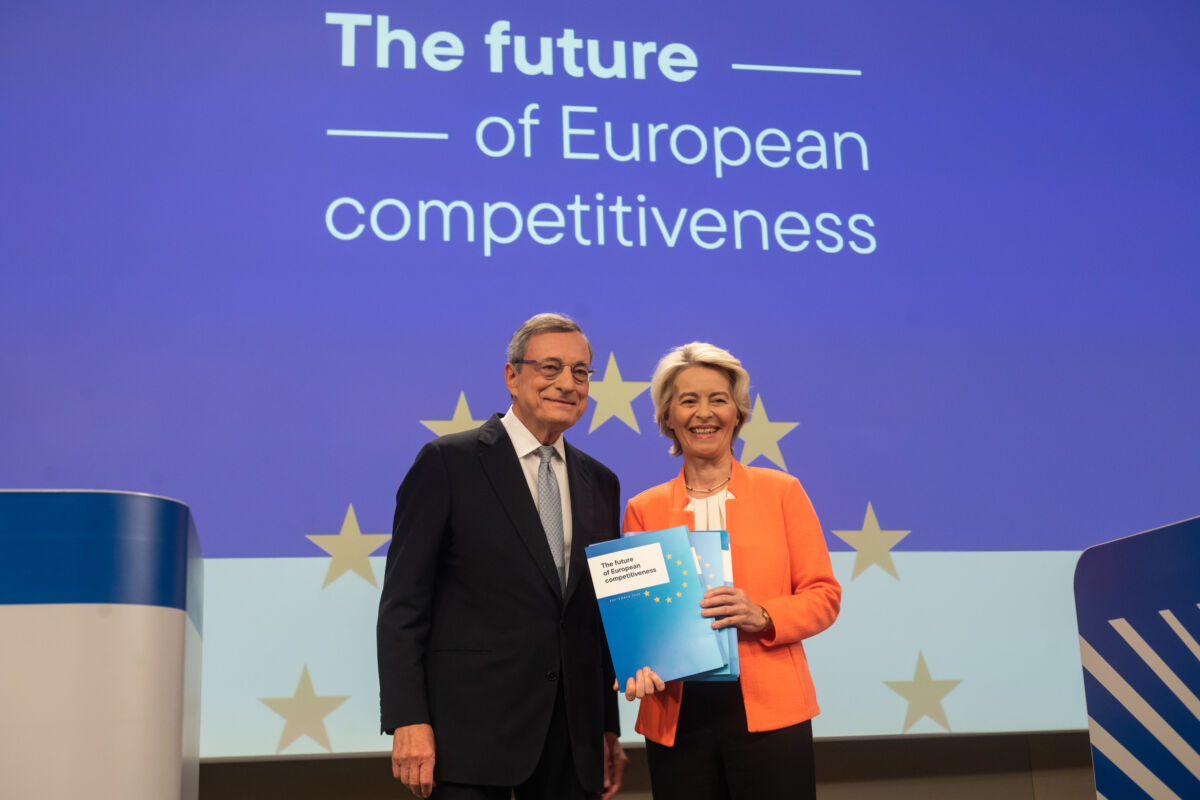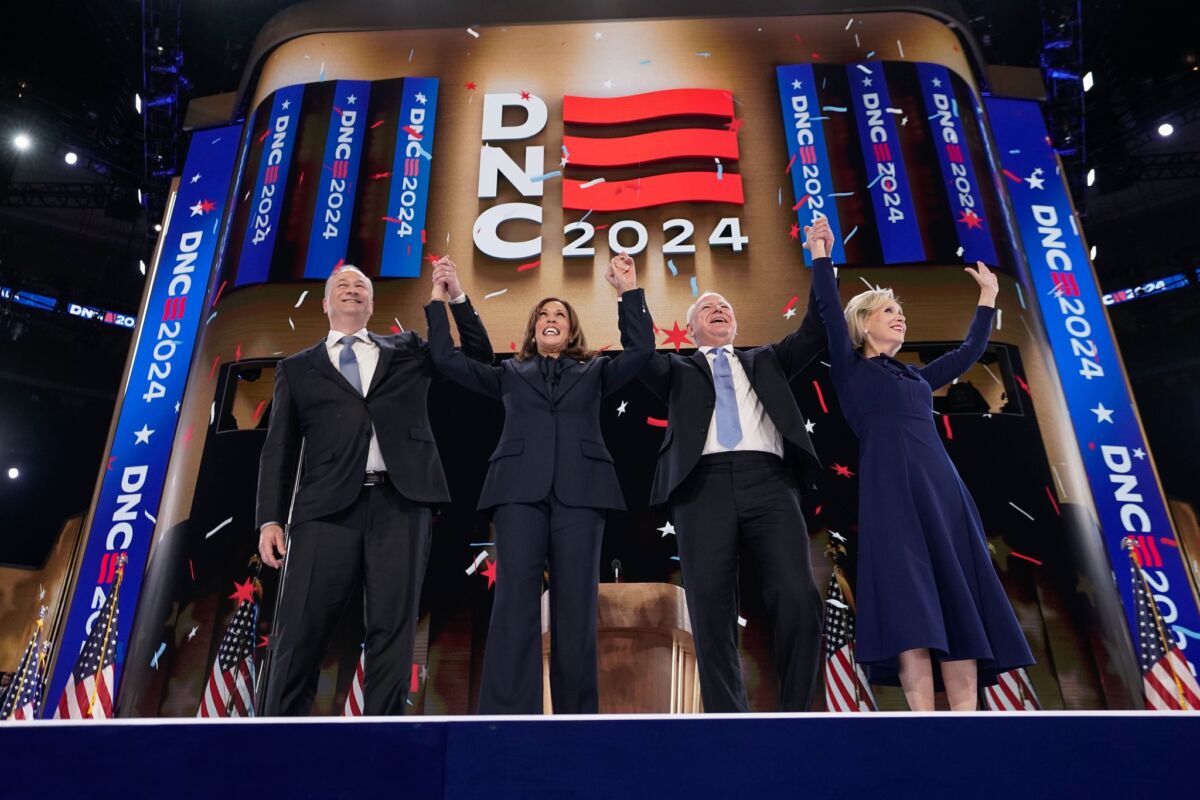Europe’s quest for strategic autonomy and economic security has come with repeated calls to reduce critical dependencies on ‘systemic rivals’ such as China. The President of the European Commission, Ursula von der Leyen, has called for de-risking, including ‘stress-testing our relationship to see where the greatest threats lie concerning our resilience, long-term prosperity and security’. She vowed for Europe to produce at least 40 % of its clean tech and take its economic security interests into account when exporting to China. Similarly, the June 2023 European Council recommended for the EU to ‘reduce critical dependencies and vulnerabilities, including in its supply chains, and de-risk and diversify where necessary and appropriate’.
Yet, China’s dominance in key strategic sectors and products is so overwhelming that partial or total ‘de-coupling’ may not mean de-risking. To the contrary, it may be a very risky endeavour.
The evidence is telling. Despite all the buzz, Europe’s dependence on China has grown rather than decreased. For every five containers shipped from China to the EU, just one is exported to China. Compared to 2012, imports had tripled by the end of 2022, and the balance further deteriorated during the Covid-19 years and following Russia’s invasion of Ukraine. In certain sectors, there is hardly any alternative to China. The dependency in rare earths is 98 %, in antibiotics 79 % and close to 90 % of global solar panel production is in Chinese hands.
China’s prominence in global supply chains is also the main reason why businesses are so hesitant when it comes to ‘decoupling’ as this would essentially mean leaving the world’s second-largest economy behind. Some companies are actually expanding their footprint in China to continue serving its vast internal market with local production, independent from the rest of the world and thus resilient to any further sanctions or an abrupt decoupling (e.g. following an invasion of Taiwan).
Inevitably, decoupling would reduce the already limited competition in China and give an even larger share to Chinese business. It would make Europe more reliant on state aid, possibly increasing frictions between European countries, and it would not only delay the EU’s ongoing decarbonisation efforts but also the entire world’s.
Of course, all this does not mean that de-risking is altogether a bad endeavour. The West remains extremely vulnerable to the weaponisation of trade, notably by China – this was demonstrated recently by the faster-than-expected Chinese ban on exporting gallium and germanium to the EU in response to the Dutch export ban of semiconductor technology to China.
The problem then is how to de-risk. We see three main ways forward.
First, the EU needs to have a much more integrated and cohesive industrial policy to support the green and digital transitions. This implies coordinating national R&D programmes and more EU-level funding, jointly forecasting industry trends and coordinating investment in strategic sectors.
Leveraging on this enhanced internal coordination, this also entails determining the EU’s role in some kind of global decarbonisation partnership that would enable the creation of complementary supply chains for all decarbonisation efforts. Global green demand will further increase and China’s green manufacturing simply won’t be able to keep up. Most importantly, this partnership would help to avoid technological path-dependence and allow for the further development of more effective technologies to the benefit of the EU and the world – including China.
Such a partnership would have to rely on incentive alignment with international partners based on common standards. However, EU green initiatives are seen as biased or protectionist by some partner countries. Cooperation would thus require continuous and unified EU efforts towards global sustainability that could translate into supporting strong accompanying measures (capacity building and financial schemes) in partner developing countries.
Second, the EU needs a much more comprehensive approach to de-risking and diversification. This would require extensive consultation and coordination between EU institutions and businesses to clearly draw up the lines of de-risking and provide predictability and certainty regarding the EU’s more resilient supply chains. The hierarchy of de-risking priorities would be politically determined together with the on-the-ground insights of businesses, taking into account the variety and specificity of sector-based and individual company de-risking strategies, which are based on commercial and – increasingly – geopolitical reasons.
Businesses need clarity over where the EU is heading, what areas are to be de-risked (beyond the obvious raw materials and green manufacturing) and what the unproblematic areas for cooperation with China are. Diversification requires new markets and further trade opportunities that can only be achieved through a united EU approach to the ‘new new’ generation of free trade agreements.
Third, the EU needs to establish procedures for visits to and statements about its ‘systemic rival’. The cacophony of European visits to China and Chinese high-level visits to Europe in the first half of 2023 allows China to perfectly divide and rule. Presidents Macron and von der Leyen’s recent visit was a telling illustration of how not to do it, with a state visit for Macron, as Head of State, and ad hoc treatment of President Von der Leyen. The EU’s High Representative needs to take the initiative to build consensus in the Foreign Affairs Council and act jointly with the European Commission. But the EU has a long way to go in terms of coherence building in its foreign policy as Member States do not often allow the EEAS to take a unified position on their behalf.
De-risking calls for a balanced recalibration and reinforcement of the EU’s industrial, trade and foreign policies regarding strategic sectors based on Member States’ further alignment and support from businesses. This can only be achieved with firmer EU integrated actions, the ultimate objectives being the EU’s continued competitiveness and resilience as well as working to avoid further global economic fragmentation.
This CEPS commentary benefitted from discussions in the CEPS task force on EU-China relations, chaired by H.E. Mr Dietmar Schweisgut, former EU Ambassador to China.










